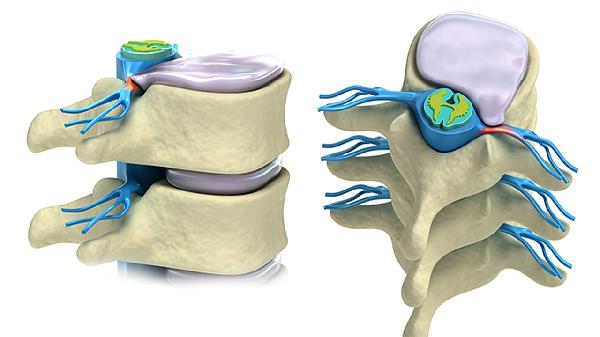If you or someone you love is struggling with addiction, the last thing you need is to fall victim to a predatory scam. Unfortunately, body brokering—a shady practice where people are exploited for profit under the guise of addiction treatment—has become a growing problem in the recovery industry. It’s a dirty business that preys on vulnerability, turning what should be a lifeline into a revolving door of relapse and financial exploitation. But knowledge is power, and understanding how these schemes work can help you steer clear of them and find legitimate, life-saving care instead.
The Dark Side of Addiction Treatment: How Body Brokering Works
Body brokering isn’t just unethical—it’s a full-blown criminal enterprise. Here’s how it typically goes down: A "broker" (often someone posing as a recovery advocate) scouts for people battling addiction, especially those with high-value insurance plans or families willing to pay out of pocket. They then "refer" these individuals to treatment centers that are in on the scam. In return, the facility pays the broker a kickback—sometimes thousands of dollars per head. The more patients they funnel in, the more money changes hands. But here’s the kicker: These facilities aren’t focused on real recovery. Instead, they keep patients cycling in and out—whether by encouraging relapse, extending stays unnecessarily, or providing subpar care—to maximize insurance payouts. It’s a rigged system where the only winners are the brokers and corrupt treatment centers lining their pockets.
Who’s Most at Risk?
While anyone seeking addiction treatment could theoretically get caught in this web, brokers often target specific groups: The tragedy? Many victims don’t realize they’ve been scammed until they’ve wasted precious time, money, and hope on fake care.
Spotting the Red Flags
Body brokers and sketchy treatment centers are masters of manipulation, but there are telltale signs something’s off: Bottom line: If something feels off, trust your gut. Real recovery programs prioritize transparency.
How to Protect Yourself (or a Loved One)
Navigating addiction treatment is hard enough without dodging scams. Here’s how to stay safe: 1、Do your homework: Research facilities extensively. Check reviews, verify accreditations, and look for any history of violations. 2、Visit in person: Photos lie. Tour the facility, meet staff, and assess cleanliness and professionalism firsthand. 3、Ask about staff credentials: Are therapists licensed? Is medical care supervised by qualified doctors? Don’t settle for vague answers. 4、Beware of middlemen: If a "referral service" is pushing one facility hard (especially with incentives), question why. Legitimate options don’t need bribes. 5、Consult a professional: Your doctor, therapist, or a trusted addiction specialist can refer you to vetted programs—no brokers needed. Remember: Recovery is about healing, not profit. The right treatment center will welcome your questions, not dodge them.
What’s Being Done to Stop Body Brokering?
Thankfully, law enforcement and lawmakers are cracking down. The federal Eliminating Kickbacks in Recovery Act (EKRA) makes it illegal to pay for patient referrals, and states like Florida and California have ramped up prosecutions. Some brokers and corrupt facilities have faced hefty fines or even prison time. But the fight isn’t over. Advocacy groups urge stricter oversight, better enforcement, and harsher penalties to dismantle these predatory networks. In the meantime, awareness is key—the more people know about body brokering, the harder it is for scammers to operate.
Final paragraph
Addiction is tough enough without adding financial exploitation to the mix. But by staying informed, asking the right questions, and leaning on trusted professionals—not strangers promising "easy" solutions—you can find real help. Recovery is possible, and it starts with choosing a path that’s honest, ethical, and focused on your well-being, not someone else’s bank account. Don’t let the bad actors win. Your health—and your future—are worth more than that.
























